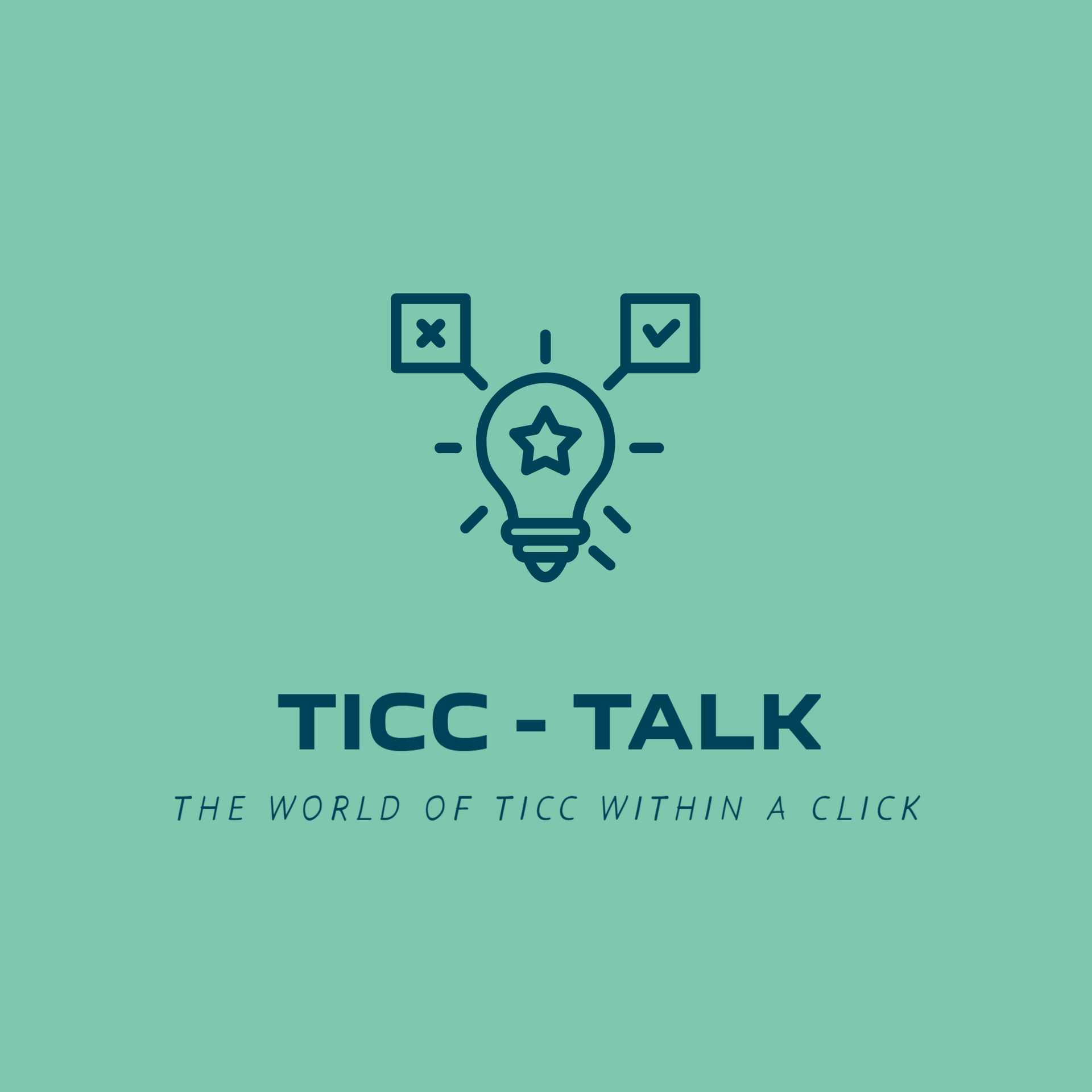The Future of Pharma: Rethinking Sales and Survival in a Data-Driven World
Pharma / USA / Transformation / Big Data in Healthcare
The global pharmaceutical industry is navigating a period of uncertainty. As reflected in volatile stock movements, investors are questioning how these once market darlings will achieve their next breakthrough. The industry's struggle to offset revenue declines from drugs losing patent protection is compounded by the rising costs of maintaining extensive sales forces—historically the primary channel for reaching healthcare providers.
Governments worldwide have implemented stricter regulations, with a focus on curbing promotional marketing to doctors. China led the charge with its Compliance Code, a key market where many pharmaceutical companies hope to drive growth. However, heightened scrutiny of industry practices is evident, as seen in GlaxoSmithKline's (GSK) $500 million fine for bribery in China. Increasingly, physicians—already stretched by patient demands—are reluctant to engage with medical representatives, further eroding this traditional sales approach.
Consider this: the global pharmaceuticals market, valued at approximately $700 billion, sees half of its revenue generated in the United States, with the rest spread across Europe, Japan, and China. The U.S. Affordable Care Act (ACA), also known as Obamacare, has intensified focus on improving the quality of healthcare and reducing hospital readmissions—key metrics by which doctors are now evaluated and compensated. These evolving requirements, combined with the increased patient load brought about by expanded federal healthcare coverage, leave little room for doctors to meet with drug reps.
As a result, pharmaceutical companies in the U.S. laid off around 30,000 reps last year, citing unsustainable human resource costs. The quality of these representatives has also come under scrutiny, with some instances of inadequately trained individuals entering the field, as highlighted in satirical programs like John Oliver's Last Week Tonight - earlier this year.
The pharmaceutical industry's challenges extend beyond sales tactics. With few blockbuster drugs on the horizon, and limited revenue growth potential from new uses of existing medications, companies face a critical question: How can they adapt to a healthcare landscape increasingly focused on patient outcomes? To thrive, pharma must fundamentally rethink its commercialization strategies, integrating commercial, scientific, and technological expertise to develop evidence-based protocols that address real-world patient needs.
This strategic shift will require a holistic overhaul, aligning functional roles across the organization and optimizing resource allocation for product marketing within the narrow timeframes available to engage with healthcare providers. In the next part of this discussion, we’ll explore specific strategies companies can implement to navigate these complex dynamics.
This transformation is inevitable, but solutions exist—let’s dive into them.



